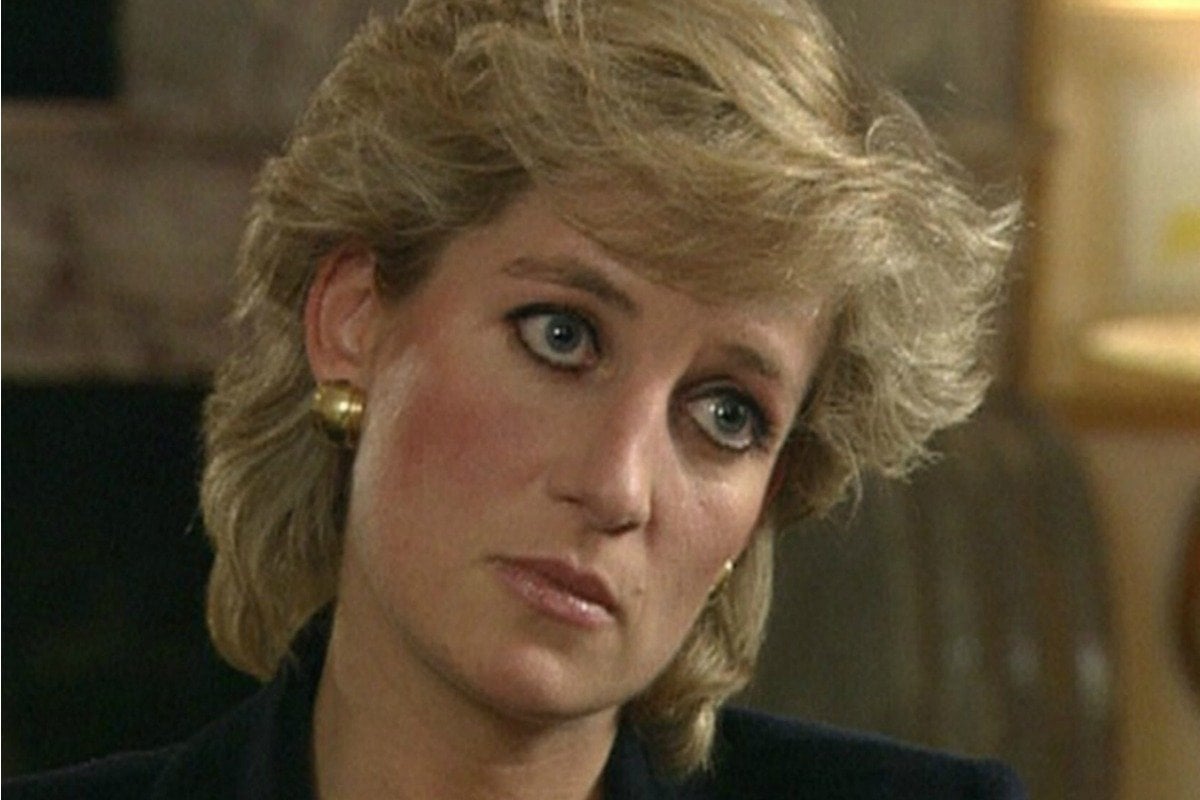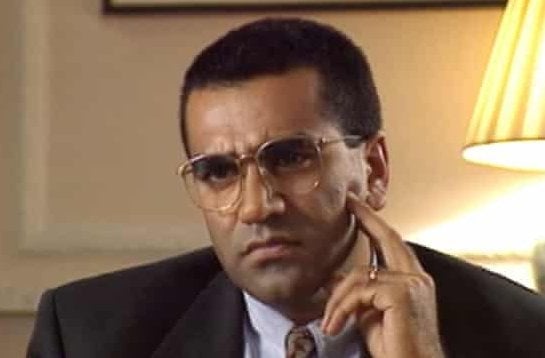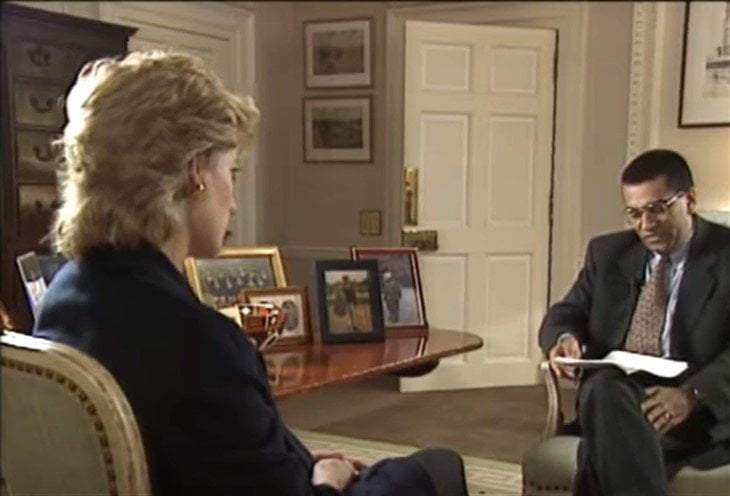
In November 1995, Princess Diana gave one of the most infamous and controversial television interviews in royal history.
She spoke to BBC journalist Martin Bashir about her marriage, life inside the Royal Family, her eating disorder and her struggles with the press, in a sit-down chat that was watched by more than 20 million Britons alone.
She'd agreed to the interview to 'set the record straight' after incessant tabloid speculation about her relationship with Prince Charles.
But 25 years later, the BBC and Bashir were subjected to an investigation - accused of lying and tricking Diana into going on camera, the findings of which have just been released.
Senior judge John Dyson's ruling found that Bashir did use deceit to win the interview, with the BBC guilty of covering up the deception.
Dyson's report on Thursday said that Bashir, then a little known reporter, had shown Spencer fake bank statements to induce him to arrange a meeting with Diana.
"Mr Bashir acted inappropriately and in serious breach of the 1993 edition of the Producers' Guidelines on straight dealing," the report said.
Dyson also concluded the BBC had fallen short of "the high standards of integrity and transparency which are its hallmark" in its response to allegations of impropriety.
Last week, the BBC announced that Bashir was leaving his current job as the publicly-funded broadcaster's religious affairs editor because of ill health.




Top Comments